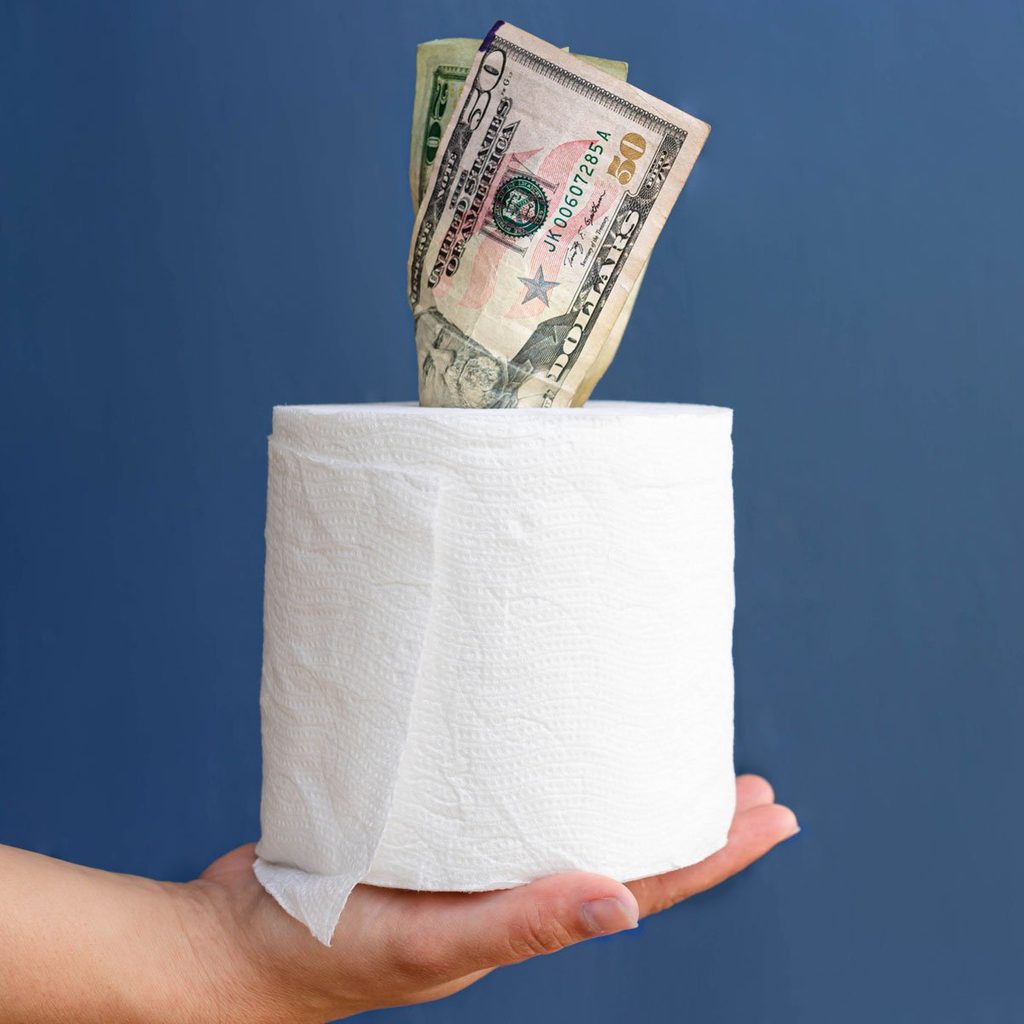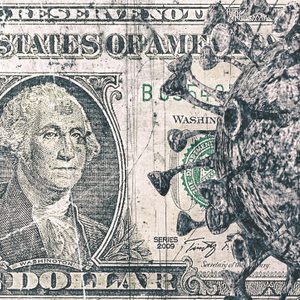Raising Prices During a State of Emergency: What’s Legal and What’s Not?
Updated: Oct. 24, 2022

Concerned about price gouging during a pandemic? Find out about the definition, dangers, and laws—or lack thereof.
As the COVID-19 pandemic took hold in the United States, retailers couldn’t keep a wide range of products in stock, particularly food, household supplies, and personal protective equipment. That increased demand set the stage for some retailers and online resellers to raise prices and potentially profit unfairly from the emergency.
So what’s fair and what’s not? And when do sudden, large increases become illegal?
What is price gouging?
Raising prices excessively during an extreme shortage, commonly referred to as price gouging, takes the law of supply and demand to the extreme. The practice attracts profiteers when there’s something of value in limited supply. Think ticket-scalping for concerts or sporting events.
Those who take advantage of the market in this way often claim that they only charge what the market will bear. Though artists and sports teams frown on the practice, it goes on unhindered in many places because the object for sale is entertainment—not a necessity.
Skyrocketing prices for pharmaceuticals controlled by drug companies, however, are a different story. While entertainment is a luxury, certain drugs are necessities for those battling an illness or disease. This scenario attracts governmental attention. Here are some things that will get more expensive—and things that will be cheaper—during the pandemic.
Pandemic panic
Now consider an emergency situation, such as the COVID-19 pandemic. The potential spread of the virus led state governors to issue stay-at-home orders. Just as people stock up on supplies ahead of an approaching hurricane, many did so to shelter in place. They loaded up on nonperishable food, meat, and toilet paper, as well as cleaning, sanitizing, and personal protection products. Learn why panic buying is not actually helpful.
Couple this demand with illness breakouts at food production facilities such as the Smithfield pork-processing plant in Sioux Falls, South Dakota, and the Jennie-O turkey processing plants in Willmar, Minnesota, for example. Plant closures disrupted the supply line, leading to not finding certain food items in grocery stores. And that created a market ripe for price gouging.
Keep manufacturer challenges in mind
When the market changes suddenly and drastically, as it did when millions of people switched overnight from commuting to work to sheltering at home, manufacturers also suffer some shock. Some may be overwhelmed by increased demand.
Others, with lower demand and excess capacity, face significant investment to retool and produce products targeted at a new market. One example: Toilet paper. Thin one- or two-ply toilet paper is sold commercially in huge, wide rolls. Consumer brands are softer, thicker, and made to fit smaller home dispensers.
And some manufacturers may turn to a new product altogether, like distilleries using their ethyl alcohol to produce hand sanitizer.
Such production-chain pivots affect machinery, packaging, distribution, and more. Manufacturers must decide whether to treat the market change as a temporary blip they can ride out or something more significant and enduring, requiring major change.
In the end, both major change and increasing capacity to accommodate demand require investment. Raising prices to offset the capital expense may well be necessary. For instance, these 7 things are definitely going to get more expensive.
When do price increases become illegal?
In the United States, there is no federal standard for price-gouging. The responsibility for regulating excessive price increases falls to the individual states. That means the answer differs based on where you live.
According to the National Conference of State Legislatures, during a state of emergency, 14 states let the market police itself. Thirty-six states plus Puerto Rico, the U.S. Virgin Islands, Guam, and the District of Columbia restrict price-gouging in some way.
Some restrictions are more effective than others. Most states base their response on laws that govern unfair or deceptive trade practices. Although many states consider violations civil disputes, some impose criminal penalties for an infraction.
The common thread lies in the effort to curb unfair profiteering during an emergency. Some states ban price increases during a state of emergency, while others cap price increases at a number considered “reasonable,” such as 10 percent. Some states simply identify large price increases as improper, but use vague language, leaving sellers and consumers to guess where that line should be.
If you feel a company is unfairly boosting prices during a state of emergency, contacting your state attorney general’s office is your best recourse. If you are heading out to go shopping, make sure you know the pandemic rules set forth by Walmart, Target, and more.
